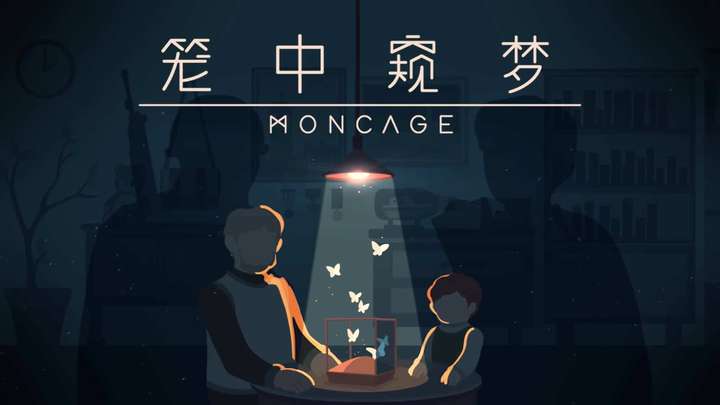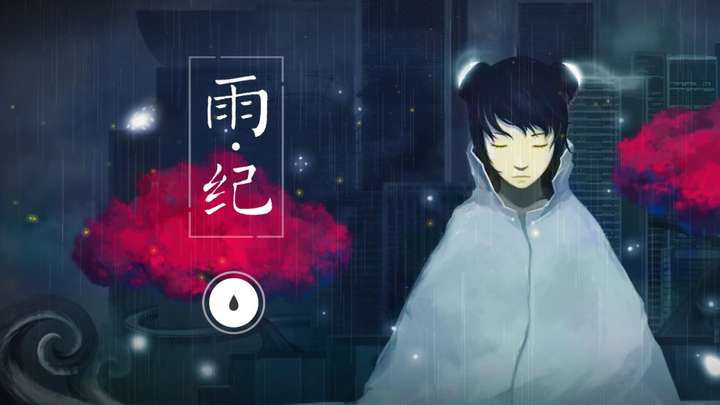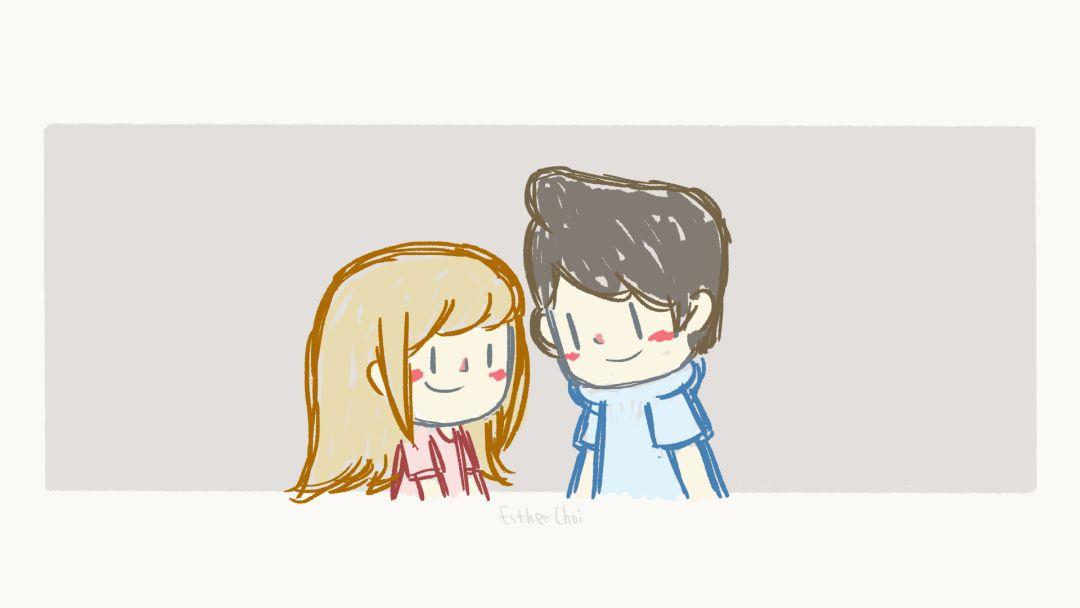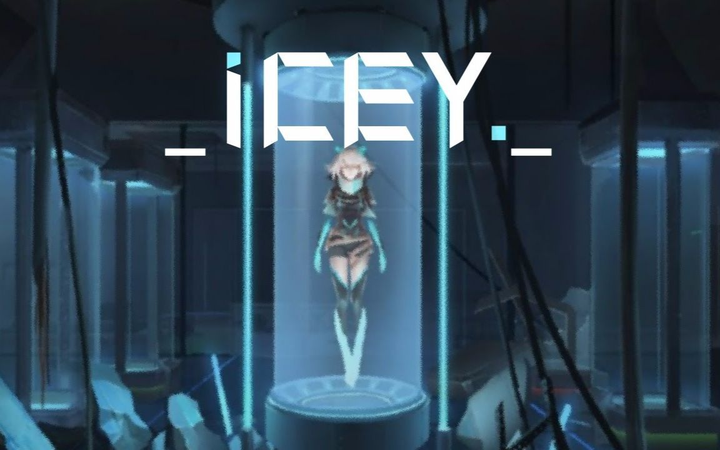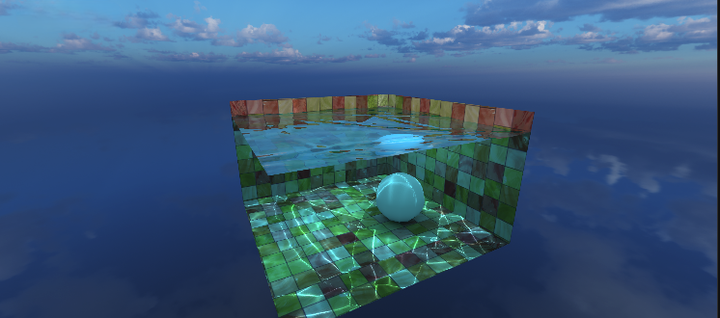Moncage
Written before
Moncage is a space related puzzle game. Human dreams are always fragmented and elusive, but what kind of experience would it be to observe someone else’s dreams? Moncage shows us various wonderful dreams. As a dream peeper, you need to stitch together different dreams, explore every corner, and understand the story of the dreamer.
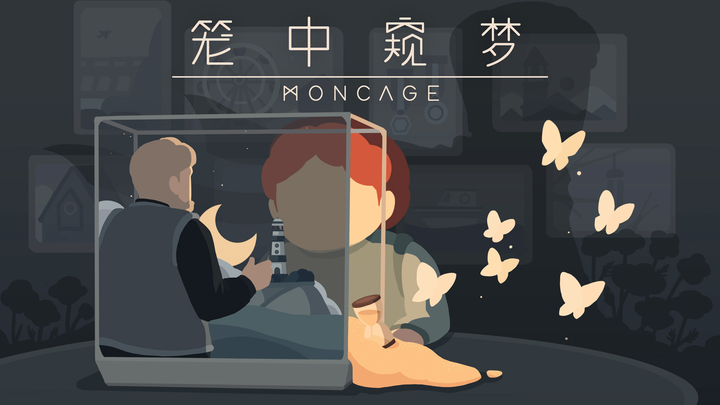
Gameplay
The game only has a cube with the symbolic meaning of “cage”, with each side reflecting a world. Different worlds may seem independent, but they are closely related in subtle details.
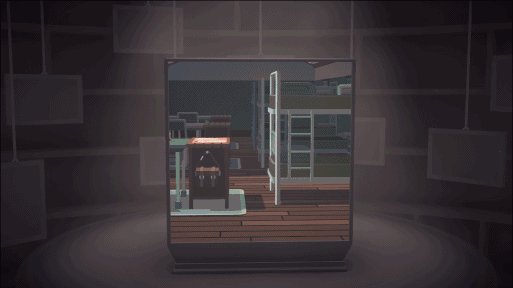
What players need to do is to observe and rotate the screen in three-dimensional space, and at a specific angle, make the scenery between multiple faces of a cube overlap, connecting multiple elements, thereby triggering mechanisms and solving puzzles.

If Gorogoa is an attempt to explore two-dimensional art in three-dimensional space, and Monument Valley is an impossible expression of geometry in two-dimensional space, then Mocage deconstructs three-dimensional space and pieces together a reasonable and consistent story.
Game background
The color tones and spatial sense created in the game are infinitely close to the fragmented dreams, and you can even gradually feel the hidden connection of the plot designer in this illusion. When ruins and military camps replace lighthouses and villages on the cube, and bullets are fired into the battlefield from the shooting range, they can naturally resonate with the story without the need for additional written instructions.
The entire game is essentially a dream that the veteran, tormented by the shadow of war, cannot escape (in the game, there is a metaphor for him drinking to escape the past, but what he sees through the wine glass is a scene related to the mountains and seas of corpses). He is forever trapped in this cage made of cubes, and we repeatedly peek at his dreams, which is the origin of the game name Mocage. Only when the flames of war truly dissipate will this lingering nightmare come to an end, and the veterans will be able to usher in a new life on the spiritual level.
Written behind
Optimization Studio was founded in New York by Zhou Dong and Chen Yijia, who still enjoy playing games with white hair, even overseas. They are able to enter the field of game design as players, and after graduation, they don’t have to rush to choose a career path. They can first relatively stably create the games they want and even win prizes, which is a life that most people find difficult to luxury.
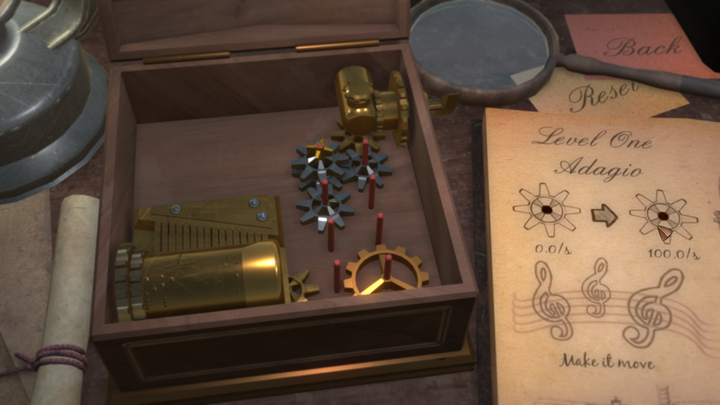
Zhou Dong's early works in NYU were directly criticized by Jonathan Blow as "adding feces to coffee."
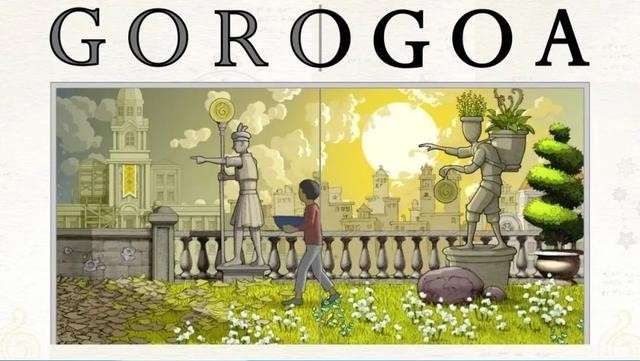
Before the official release of Mocage to players, Zhou Dong seemed to have everything that each independent developer could have at this time: support from family, guidance from masters, recognition of awards, positive feedback from players, and still youthful appearance.
What we see in our eyes is a smooth sailing Zhou Dong, but he who dreams in the cage has a different side that we don’t know.
When almost every trial player was stumped by the lack of prompts in Moncage, he pulled everyone who had played to collect criticism and asked them to talk about the shortcomings of the game. When the puzzle comes to a standstill, he also finds it difficult to relieve stress by enjoying the fun of other games. His occupational disease makes him accustomed to breaking down the gameplay mechanism as soon as he opens the game. Only the gameplay that wins with the plot and text can allow him to briefly immerse himself in it. His favorite is pure love Gal is Hoshizora no Memoria.

Even when abroad, He still like white haired loli

Try playing Weplay in 2019
